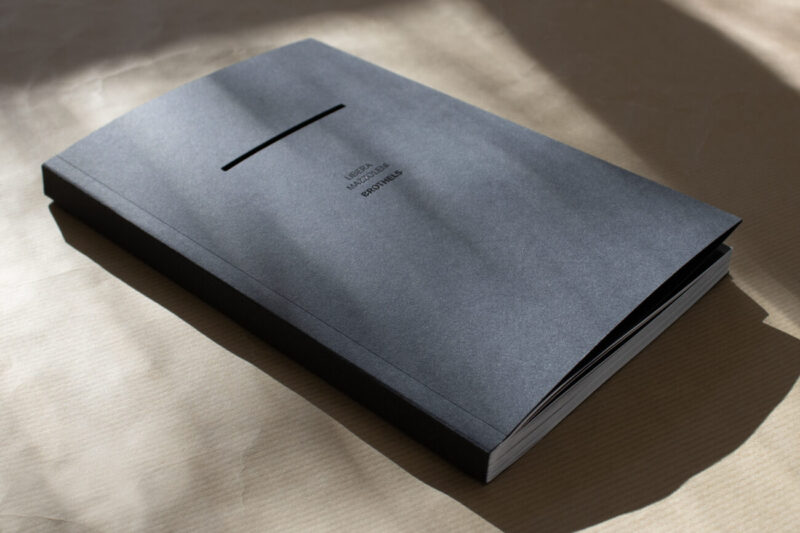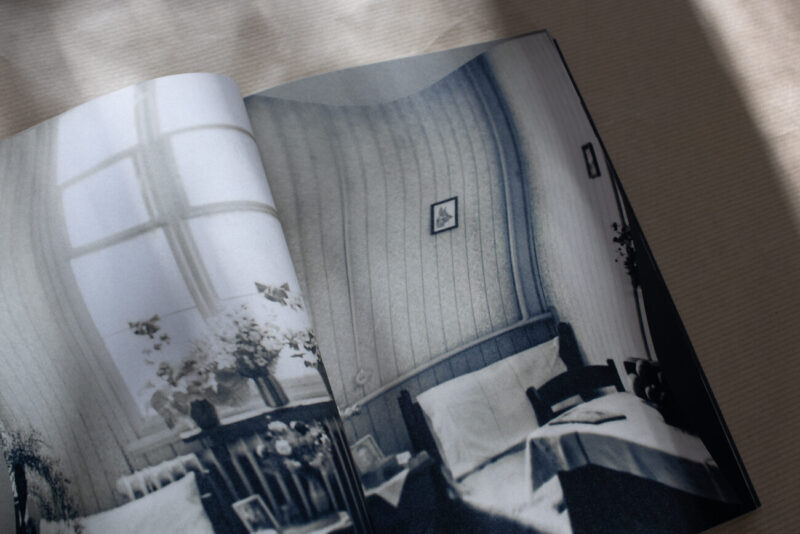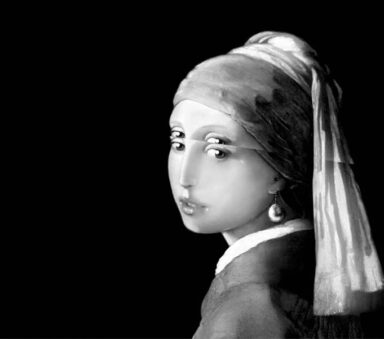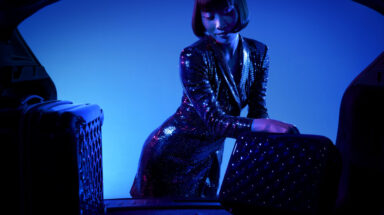Frittelli Arte Contemporanea Gallery in Florence, on Friday, February 16, 2024, concluded the brilliant exhibition “Gruppo 70. Una guerriglia verbo-visiva,” curated by Raffaella Perna, with the presentation of the book “REVOLUTION IN WORDS” by Patrizio Peterlini, published by Danilo Montanari Editore.
words Alberto Chiurato-Ranzi
On the sixtieth anniversary of the group’s birth, the exhibition aimed to highlight the relevance of one of the most radical movements in the Italian art scene of the 1960s, by bringing into dialogue the works of Ketty La Rocca, Lucia Marcucci, Eugenio Miccini, Luciano Ori, and Lamberto Pignotti, as well as those of Antonio Bueno and Giuseppe Chiari, with the aim of highlighting their affinities and coherence of aesthetic and political vision. Lettrism, Concrete Poetry, Visual Poetry, Sound Poetry, Public Poetry, Plastic Poetry, Spatial Poetry, Digital Poetry. The numerous proposals for the renewal and development of poetry were published in self-produced magazines, brochures, or other ephemeral materials that made them difficult to find. Thanks to years of archival work and the availability of many of the protagonists of this adventure, the volume collects for the first time the theoretical and programmatic texts of a creative season that characterized the second half of the 20th century. Participants in the meeting included: Patrizio Peterlini, author of the volume and director of the Bonotto Foundation, Chiara Portesine, researcher at the Scuola Normale Superiore in Pisa, and Lucilla Saccà, art historian.
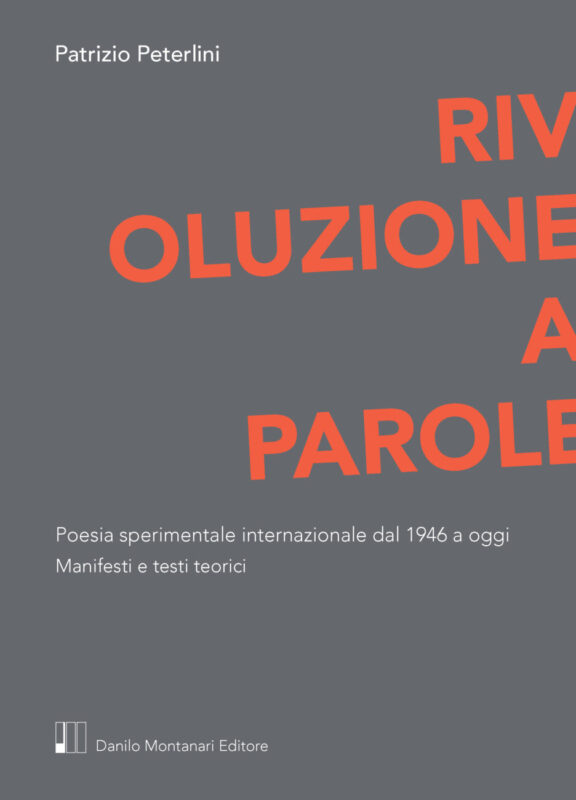
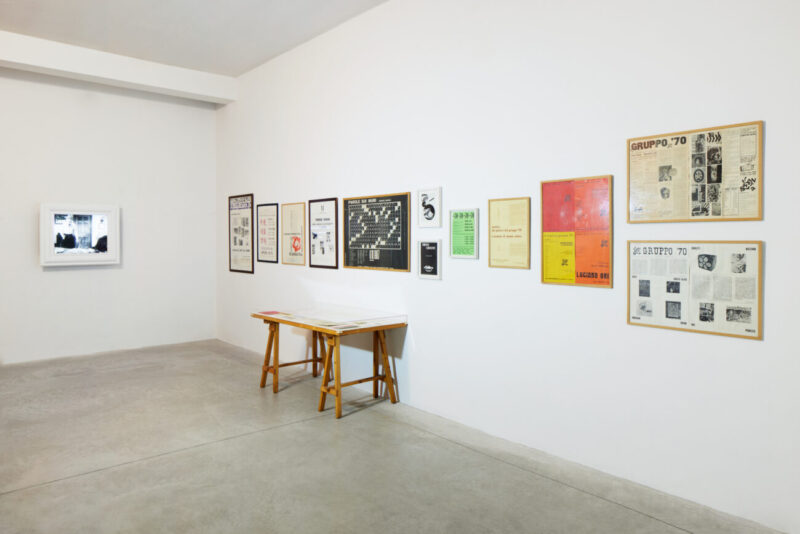
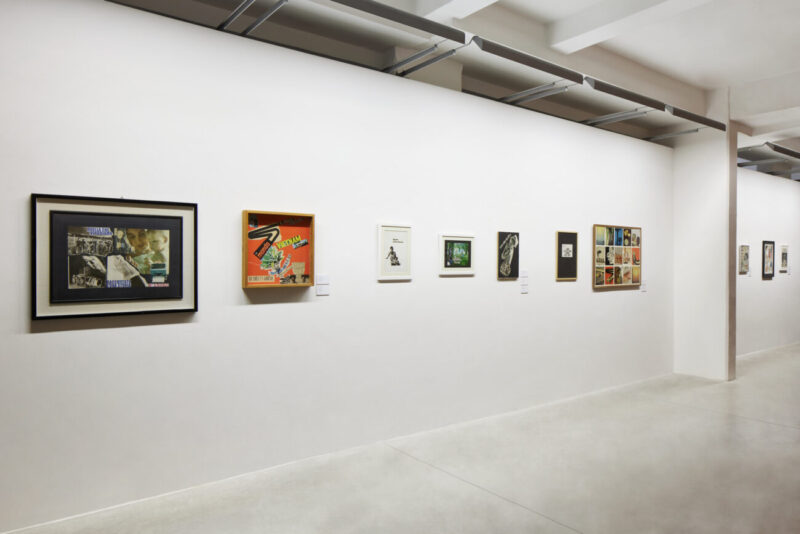
Promoted by Frittelli arte contemporanea, always in Florence, at Libreria Brac, you can find the artist’s book BROTHELS by Libera Mazzoleni.
Libera Mazzoleni sheds light on the particular condition of women enslaved in brothels, where their bodies are turned into labor to satisfy male sexuality understood as an outlet, the fulfilment of uncontrollable impulses, and a sense of ownership. It’s a book dedicated to women wounded and killed by patriarchal violence, to all women who refuse the victim status and claim a subjectivity free to self-determine and choose their place in the world.
“My research journey,” the artist writes, “has led me to discover, with dismay, that brothels were even widespread in Nazi extermination camps. It has been a challenging path, marked by many emotions: pain, compassion, dismay, anger, a sense of powerlessness, but also determination to denounce the misery of the patriarchal ideology that still impoverishes our societies today and makes the lives of many women insecure; determination to continue the struggle not against men, but against a sexist system that no declaration of human rights can dismantle.”
Brothels, published by Boîte Editions, is a limited edition of 250 copies, of which 30, numbered and signed, are accompanied by a monotype.
